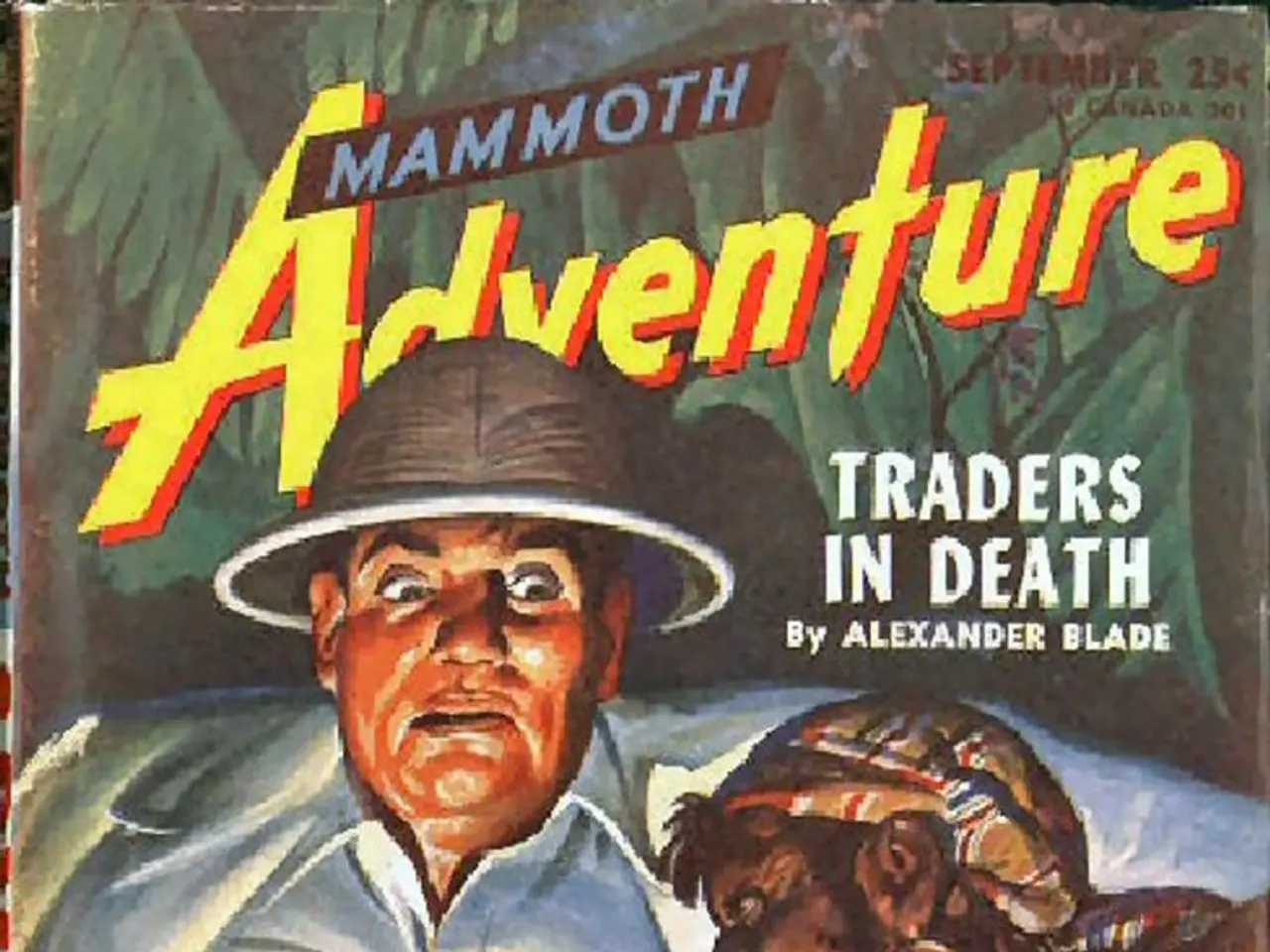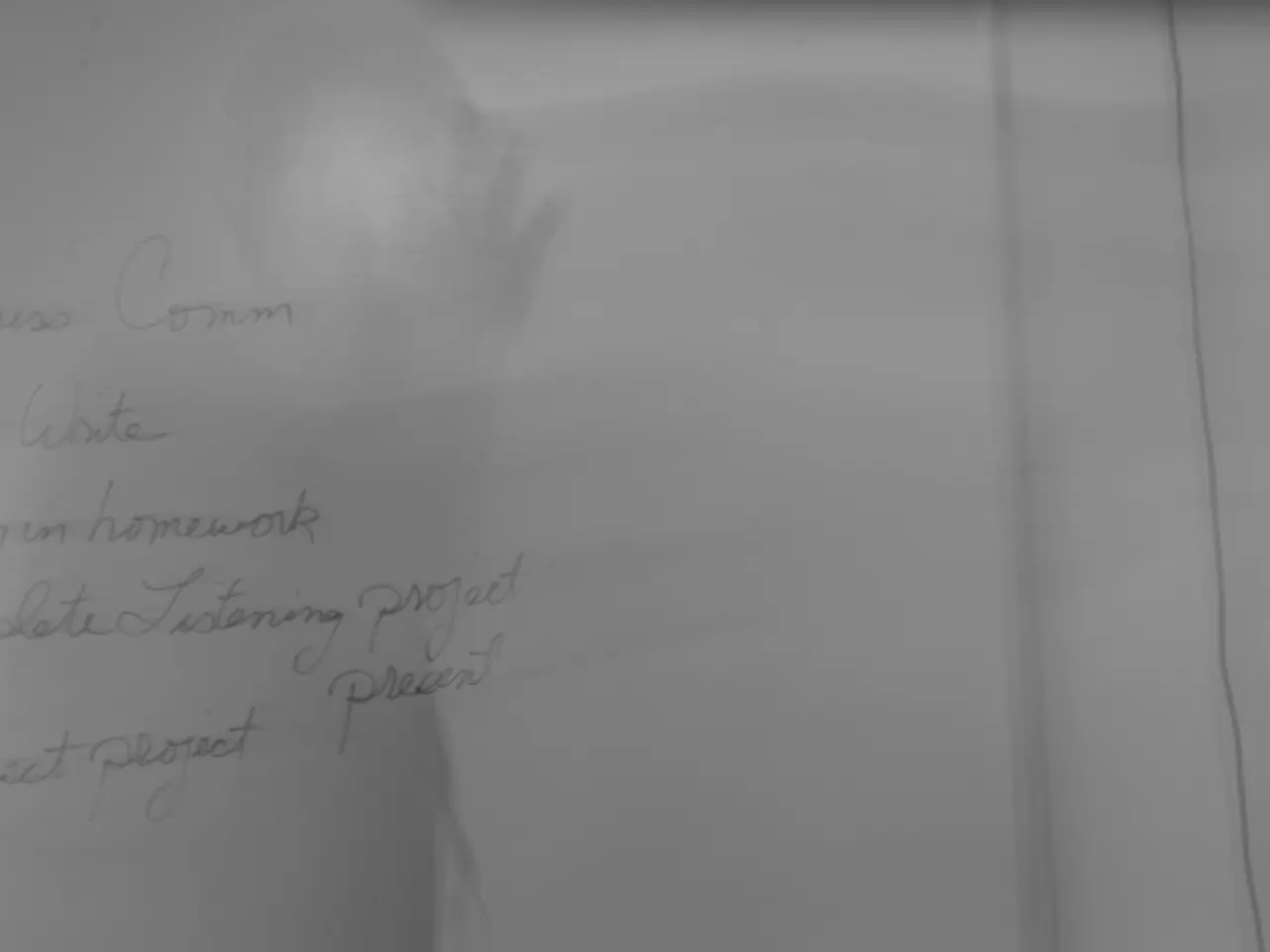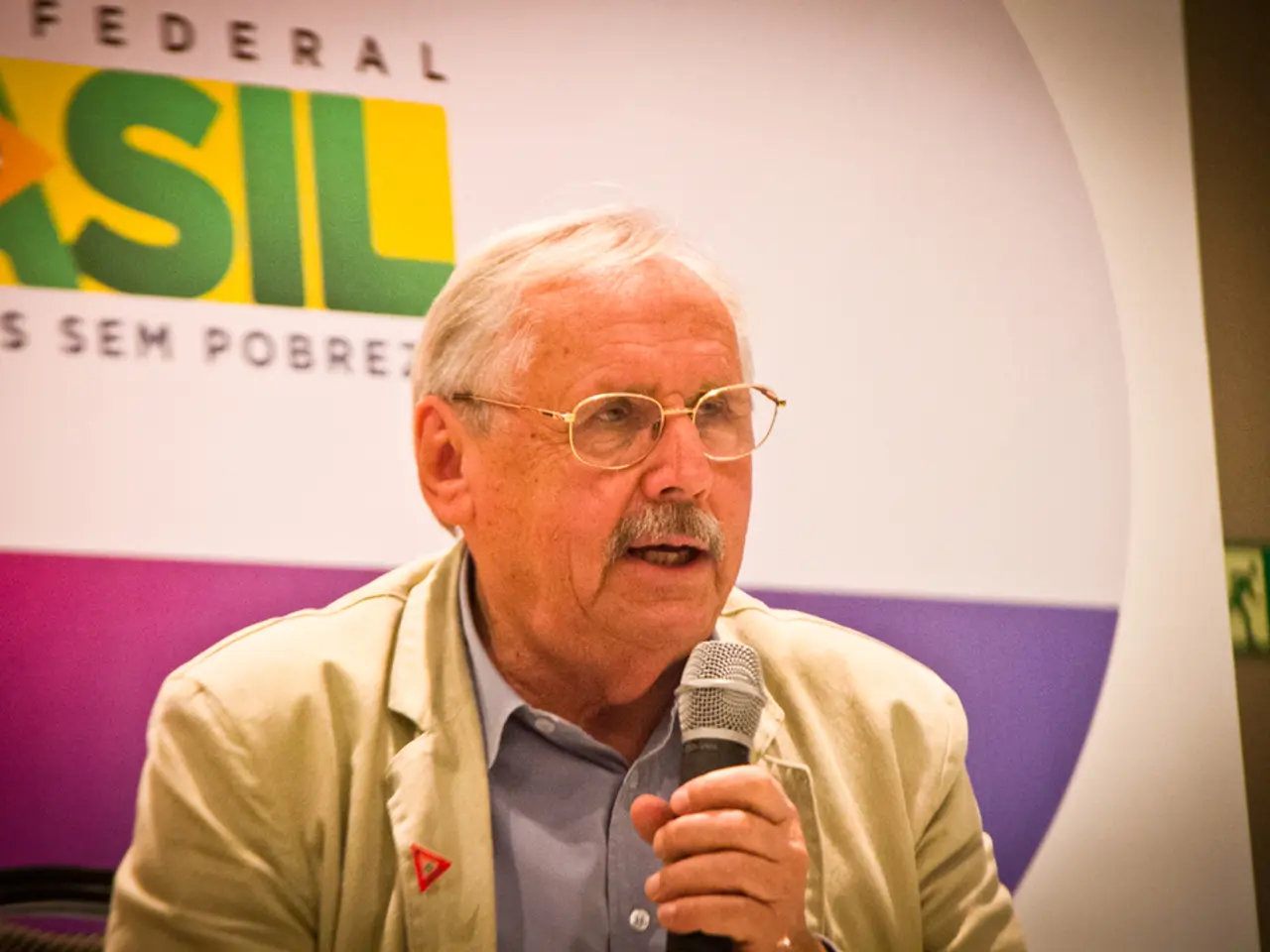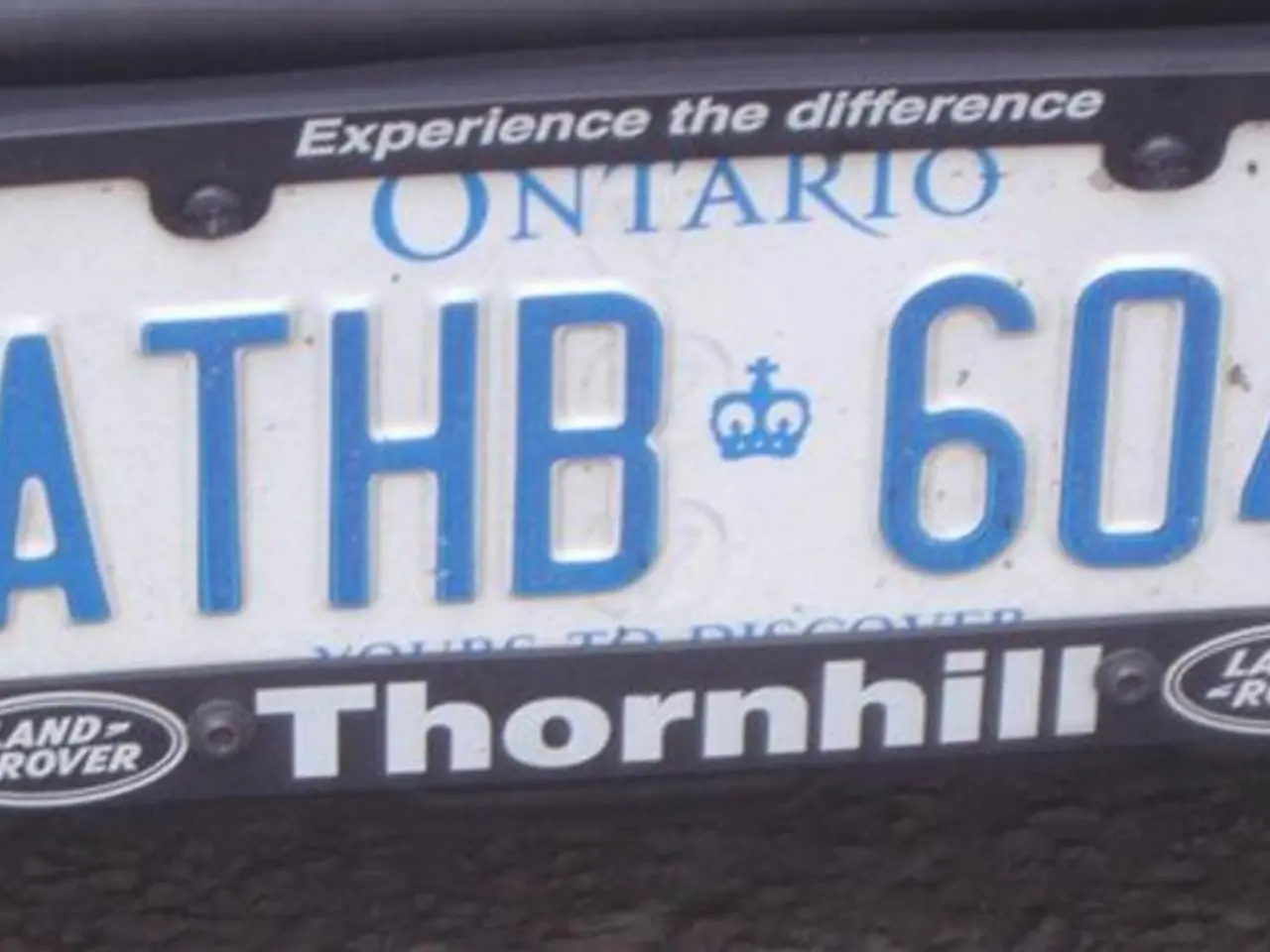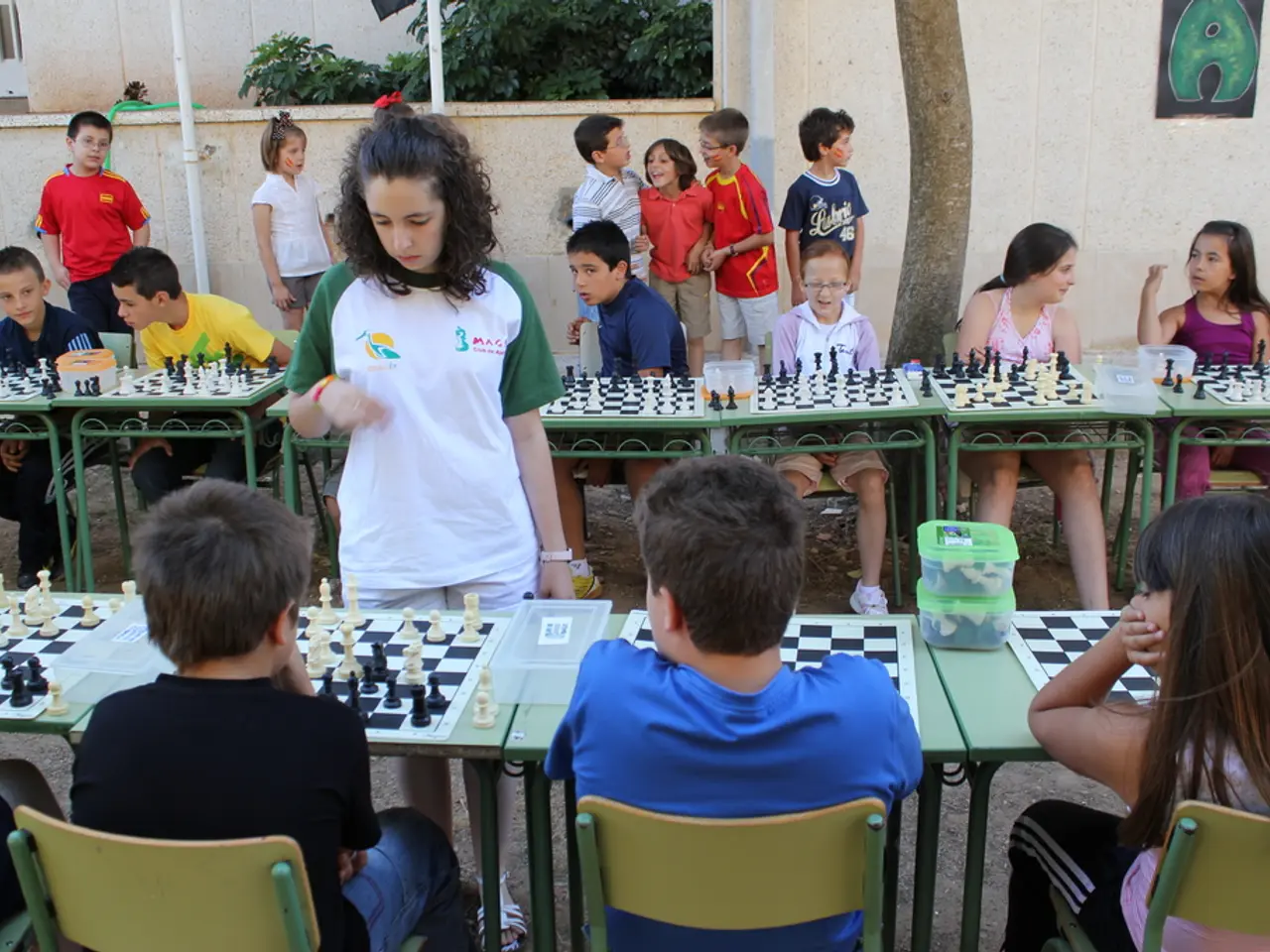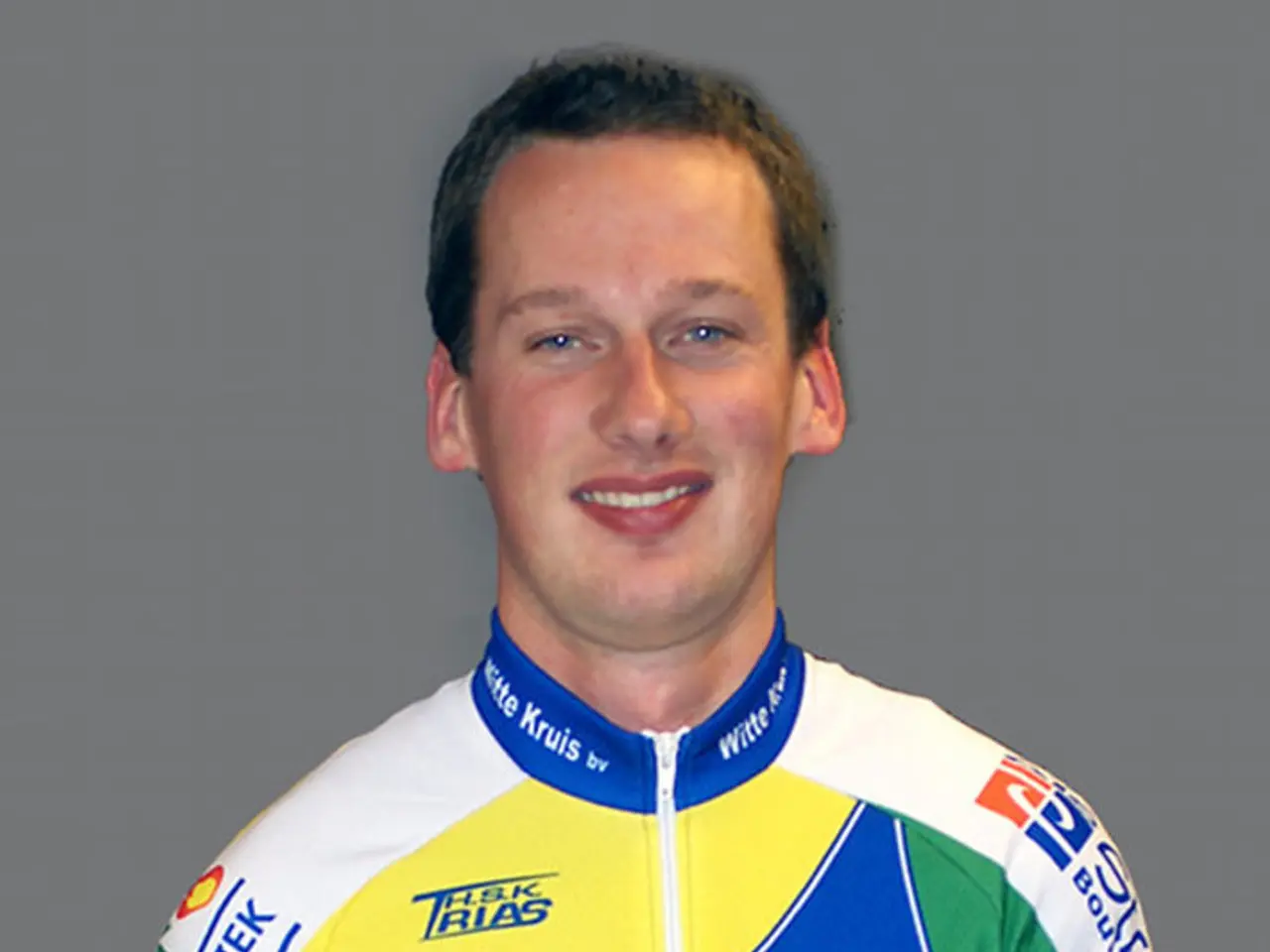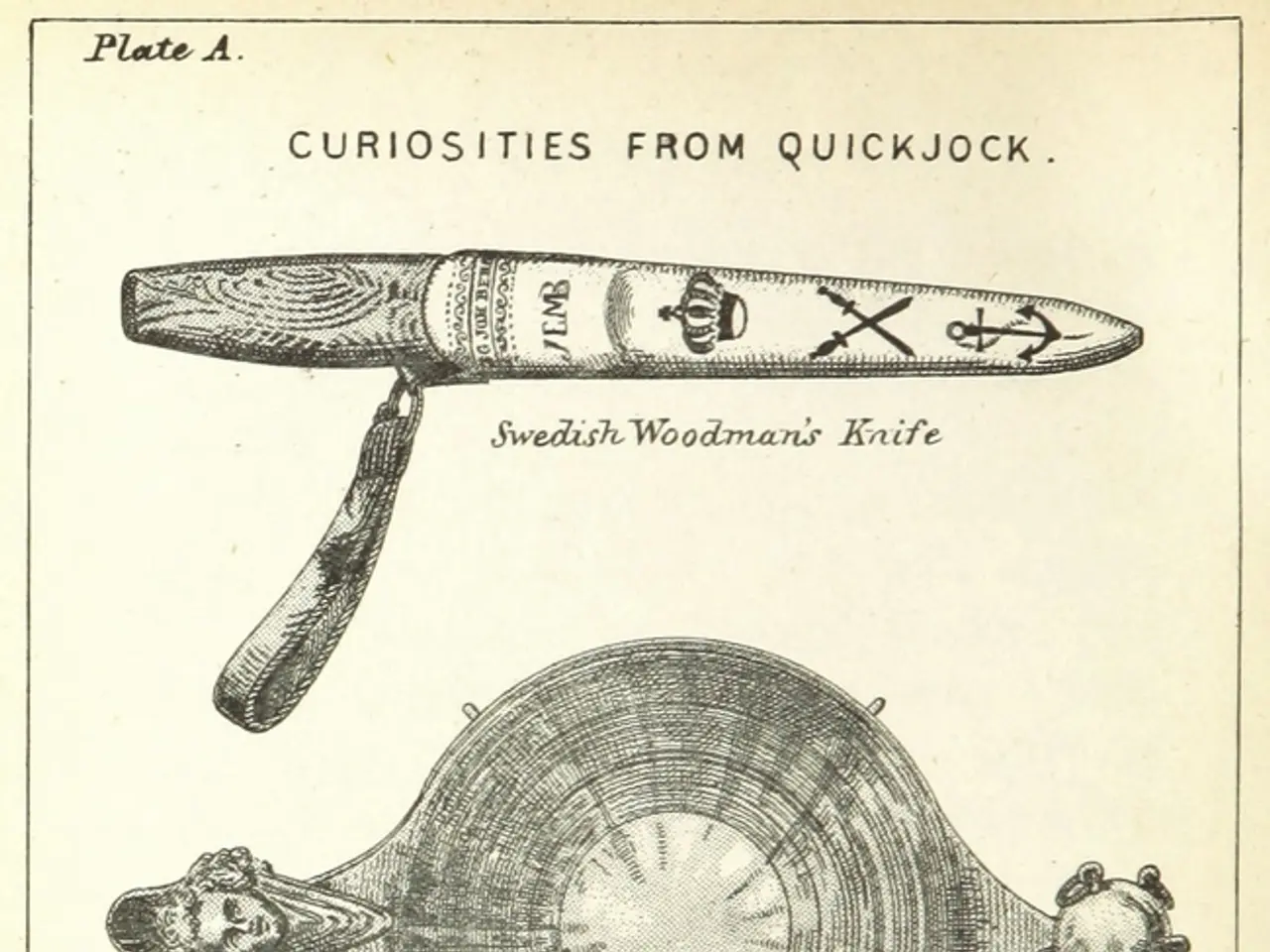Politicians Resuming their Role as Writers
In the realm of politics, one might not often expect to find a flourishing literary scene. However, throughout history, several influential figures have made significant contributions to literature, notably through political philosophy and historical writing.
One of the most influential political writers is Niccolò Machiavelli (1469–1527), a Florentine diplomat and statesman during the Italian Renaissance. Machiavelli authored The Prince around 1513, a treatise on power and statecraft that remains foundational in political philosophy. His works explore power dynamics, pragmatism in governance, and political morality, making him often regarded as the father of modern political science[1][2][5].
George Orwell (real name Eric Blair, 1903–1950) was both a political figure and an author known for his sharp critique of totalitarianism and imperialism. Though not a politician by office, Orwell served as a colonial police officer and fought in the Spanish Civil War, experiences that strongly influenced his literary work. His major contributions include the dystopian novel 1984 and the satirical allegory Animal Farm, which provide profound political commentary on the dangers of dictatorship and propaganda[3].
Franz Kafka (1883–1924), while not a politician, was deeply engaged with themes of bureaucracy and authority in his literature. His novels such as The Trial and Amerika depict the oppressive and opaque nature of political and legal systems. Kafka’s work is significant for its exploration of alienation and powerlessness within modern political structures, which has influenced political and existential literature[4].
Fast forward to modern times, and we find German politicians dabbling in literature. Robert Habeck, the Green Party's chancellor candidate, has written several novels for children and young adults, one of which was filmed and broadcast during his federal election campaign. His opponent, Friedrich Merz, derisively labeled him a "children's book author" during the campaign[6]. However, Habeck's literary pursuits extend beyond children's literature; he studied Germanistics and Philosophy in Freiburg and became a freelance writer in his late twenties[7].
Another notable example is Horst Ehmke, a former law professor and SPD politician, who launched a late career as a crime writer after leaving politics. Ehmke published five novels set in the political sphere[8].
In a more poetic vein, Guido Wolf, a German politician, recited his own dialect poems during the 2006 state election campaign[9]. Carlo Schmid, a member of the SPD, was a renowned translator of French and Italian poetry[10].
The literary pursuits of these politicians serve as a testament to the enduring connection between politics and literature. The intersection of these two realms offers a unique perspective on power, governance, and the human condition. As we continue to navigate the complexities of modern politics, the insights gleaned from the works of these literary-minded politicians remain as relevant today as they were centuries ago.
References: [1] Machiavelli, N. (2010). The Prince. Penguin Classics. [2] Skinner, Q. (2002). Machiavelli. Yale University Press. [3] Orwell, G. (2003). 1984. Signet Classics. [4] Kafka, F. (2007). The Trial. Schocken Books. [5] Pocock, J.G.A. (1975). The Machiavellian Moment: Florentine Political Thought and the Atlantic Republican Tradition. Princeton University Press. [6] The Local Germany. (2021, February 15). Merz slams Habeck as 'children's book author' in election campaign. Retrieved from https://www.thelocal.de/20210215/merz-slams-habeck-as-childrens-book-author-in-election-campaign [7] The Local Germany. (2021, March 16). Robert Habeck's literary career. Retrieved from https://www.thelocal.de/20210316/robert-habecks-literary-career [8] Ehmke, H. (2014). Die Tote im Schrank. Droemer Knaur. [9] Deutsche Welle. (2006, September 20). Guido Wolf recites dialect poems during election campaign. Retrieved from https://www.dw.com/en/guido-wolf-recites-dialect-poems-during-election-campaign/a-14413270 [10] Schmid, C. (1953). Ausgewählte Gedichte. Suhrkamp.
Career and politics intertwine in unexpected ways, as evidenced by Robert Habeck, the Green Party's chancellor candidate who authored novels for children and young adults. Later in life, Horst Ehmke, a former law professor and SPD politician, segued into a career as a crime writer, penning novels set in the political sphere. These political figures' literary pursuits serve as a testament to the enduring connection between politics and literature, offering unique perspectives on power, governance, and the human condition.
